The failings of the HS2 project have been laid bare in the Stewart Review as years of chronic mismanagement and failures at all levels were revealed in the scathing report.
The failings of the HS2 project have been laid bare in the Stewart Review as years of chronic mismanagement and failures at all levels were revealed in the scathing report.
On June 18, Transport Secretary, Heidi Alexander, vowed to “draw a line in the sand” regarding the project as well as stating that the Government accepted the full recommendations of the report and would look to implement them as soon as practically possible.
The James Stewart Review, commissioned in October 2024, painted a stark picture of a project plagued by spiralling costs, poor oversight, and a supply chain misaligned with taxpayer value—issues that have collectively inflated costs by an estimated £37 billion.
The review found that HS2 was at the mercy of politicians with little in the way of stopping interference. It identified issues with trust between both HS2 Ltd and the Department for Transport (DfT) which caused “confusion” and left the project “subject to evolving political aims.” The schism between the DfT and HS2 Ltd even stretched to the cost estimate for the project which could not be agreed between the two.
The review also found that often, the pace of the project build was prioritised over cost with pressure from politicians for HS2 Ltd to “maintain momentum”.
Stewart said in the report that this pressure was due to governments believing that any delay meant costs would increase. He also warned that “if this breakdown in trust is allowed to continue, it will undermine the future delivery of the Programme and the confidence of wider stakeholders.
“The restoration of trust has to be at the core of the reset and revised governance” he added.
Decision making was also slow across the whole project, which meant teams had little oversight on when projects would be green lit and making it difficult to add timescales. The review found that on average, commercial contracts would take between six-nine months to be signed off.
The lack of swift decision making was due in part to a overly-complicated approval process that for projects over £50 million meant the DfT and Treasury would have to approve – this approach the review argued, meant that there was “a dilution of accountability” and a differing approach to priorities.
It also noted that many of the contracts that HS2 Ltd handled regularly exceeded £50m, exarcerbating delays and stretching the cost schedule.
External bodies including Natural England, the Environment Agency and Local Authorities also came in for criticism with Stewart saying that they often dictated changes to scope.
The approach to cost and a propensity to “gold-plate” projects was also prevalent across the whole project. It was found that any steps to correct this approach was made much more difficult because of the stated political aim of “building the best and fastest high-speed railway”. It also found that almost no lessons were brought over from the construction of HS1 and that the political aim clouded judgment amongst HS2 Ltd bosses.
The review added: “The culture of cost control and managing affordability must come down from the top and be present at all levels. It needs to be led by Ministers, owned and driven by the Financial Shareholders, managed by the DfT SRO (Senior Responsible Owners) and Sponsor team, enforced and implemented throughout HS2 Ltd, and embraced by the supply chain.”
Just under 100 recommendations have been recommended in the review including agreeing a baseline cost and estimated completion alongside a new agreed scope for the project until it is completed.
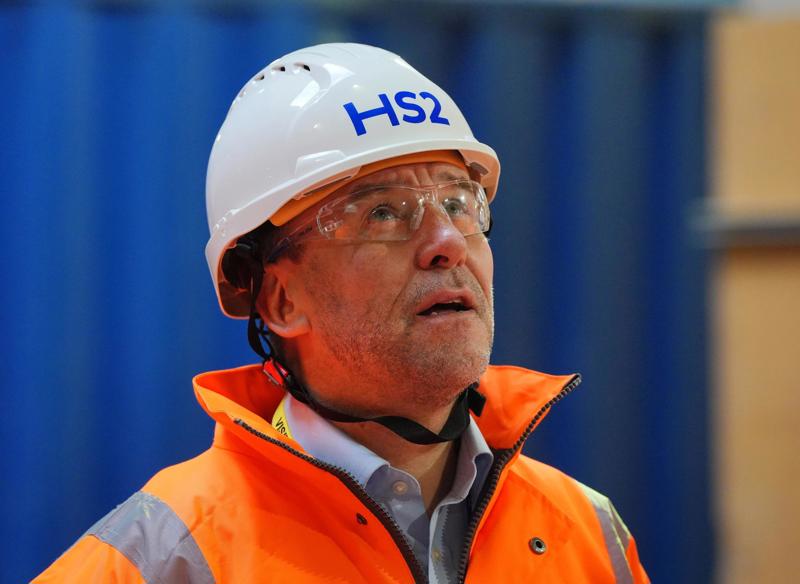
A new governance structure should also be agreed which would include the formation of a Shareholder Board and a Programme Board which would include independent members - appointed because of their specialist knowledge. It has also recommended a five-year funding period is reinstated which would have agreed provisions in place to allow flexibility. Something which the current delivery model does not allow for
Alongside the Stewart Review, HS2’s CEO Mark Wild published his initial assessment of the project.
Conducted over his first 100 days, Wild noted that he thought construction had started too soon and “issues with capability and capacity” to manage the delivery was also highlighted. He also said he felt that the current estimations of some activities had been underestimated, including the testing of the railway.
Wild suggested a 36-month testing period was more appropriate than the current estimated 14-month period.
Wild did also concede in his assessment that running at slightly reduced speeds (from 225mph to nearer 200mph mooted) as well removing automatic train operation was also being considered.
Login to continue reading
Or register with RAIL to keep up-to-date with the latest news, insight and opinion.

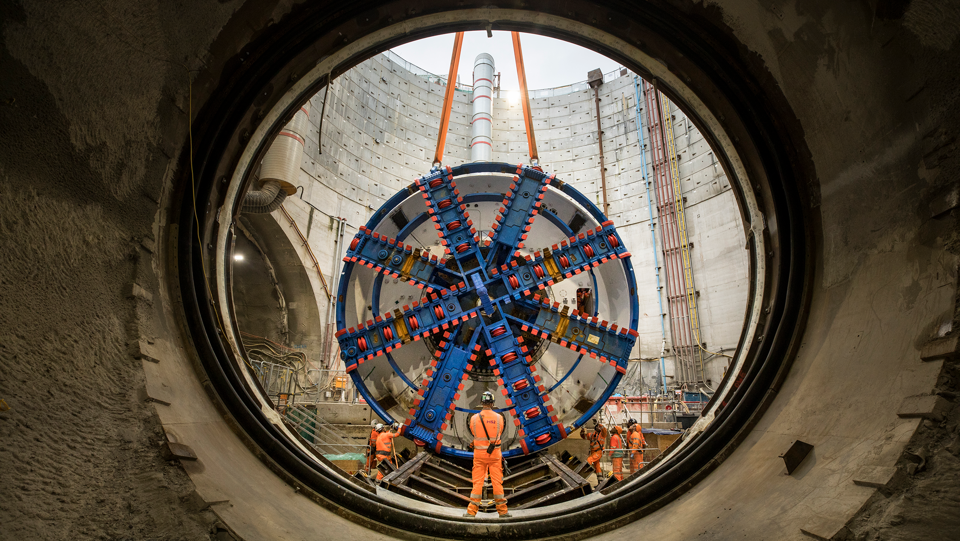

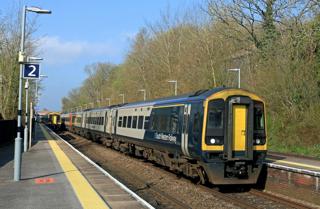
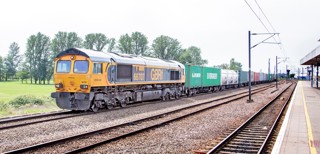
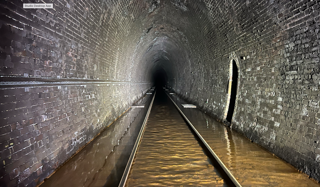
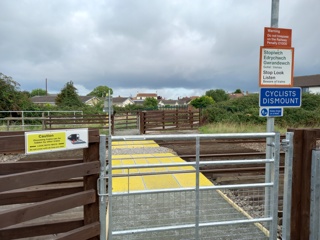












Login to comment
Comments
No comments have been made yet.